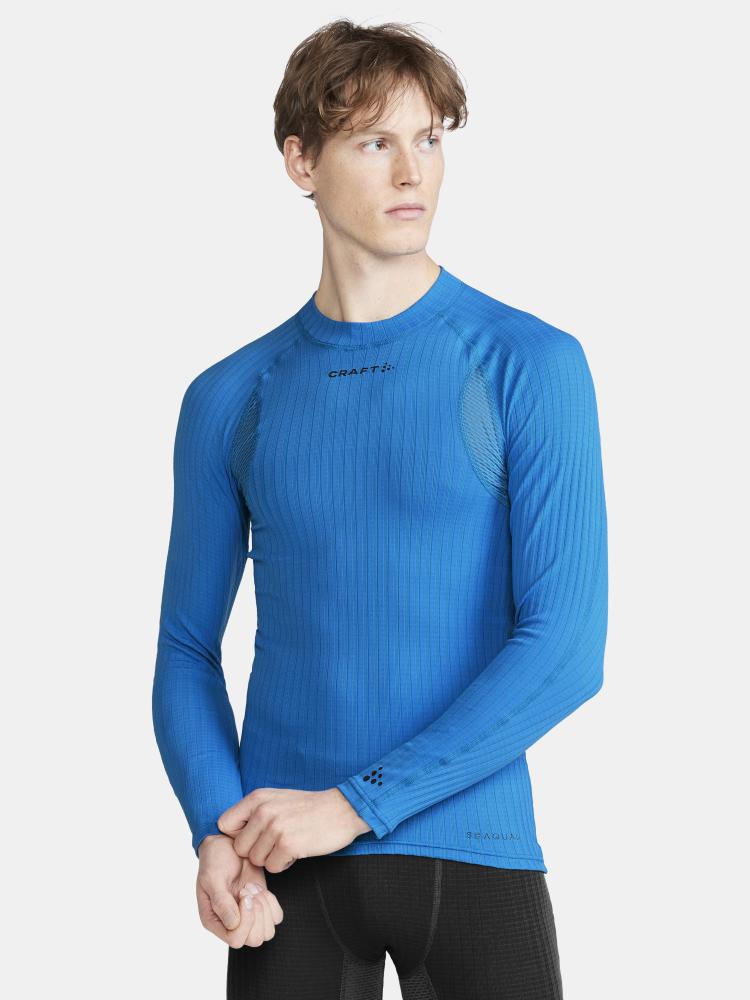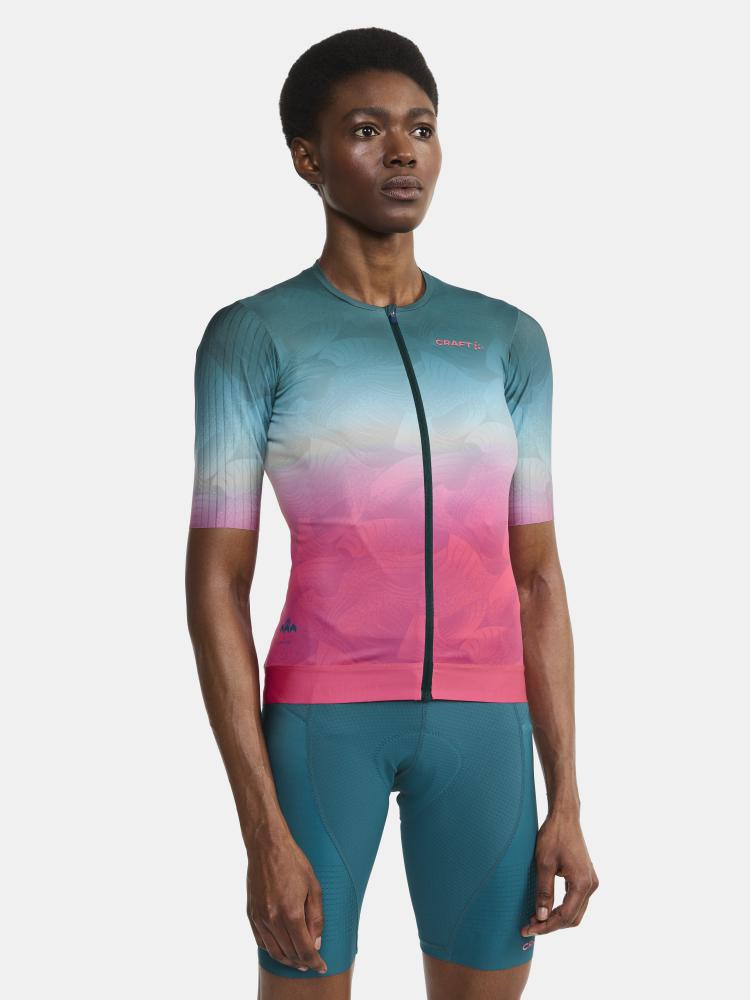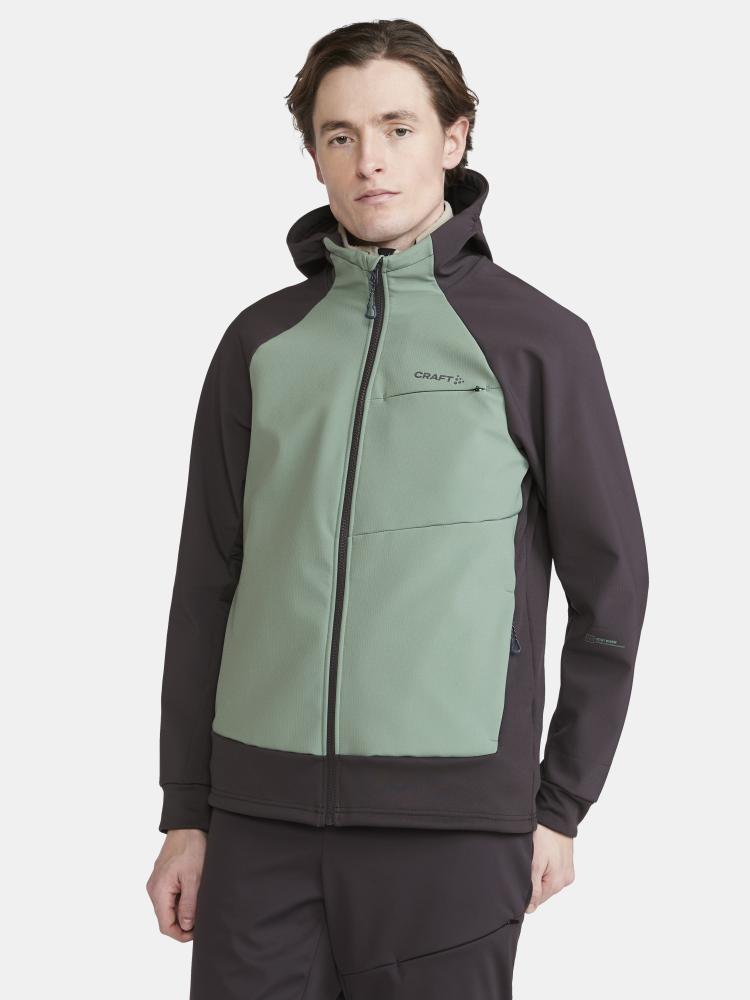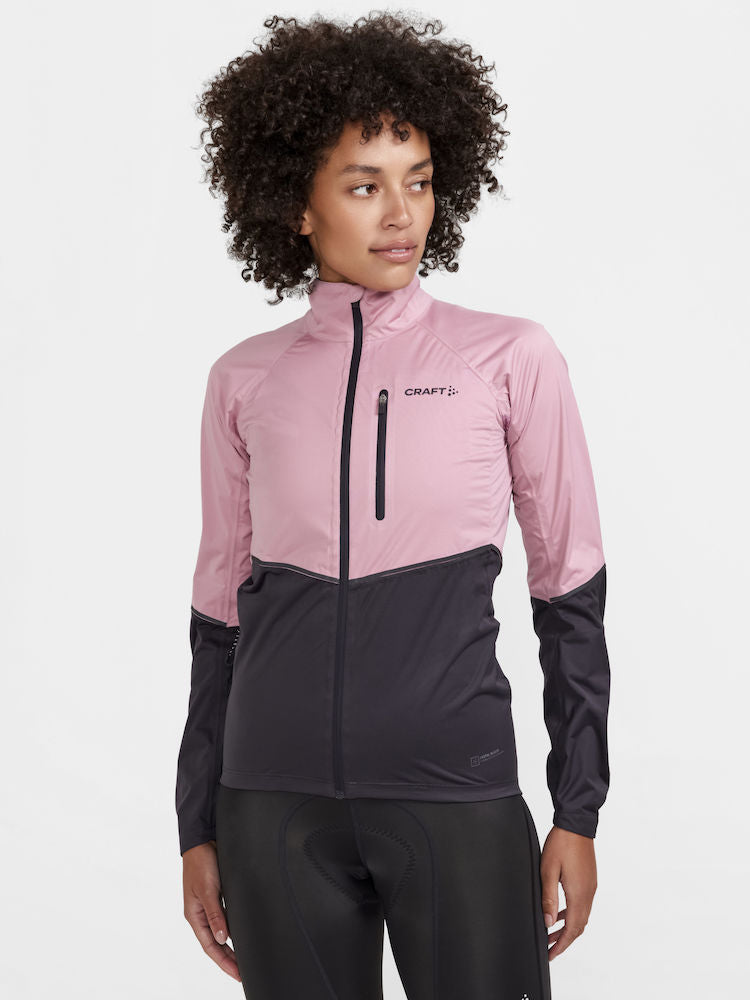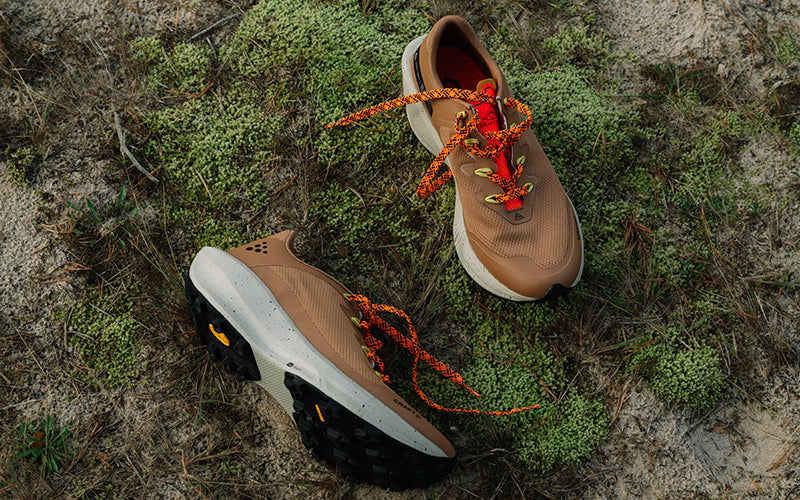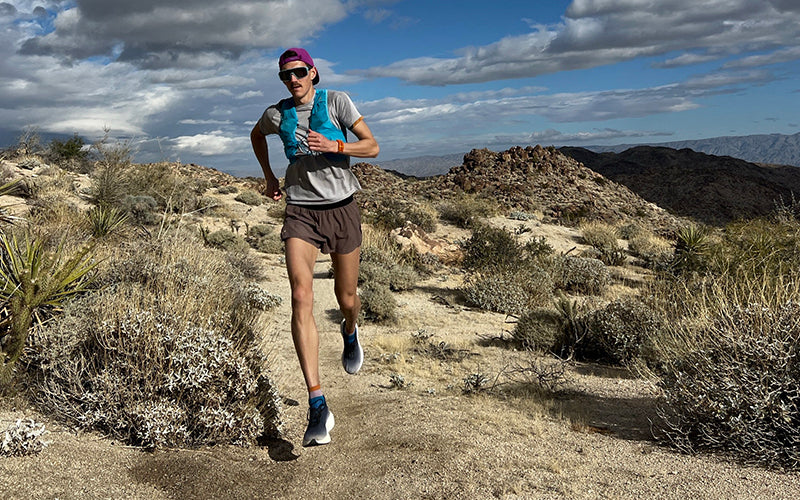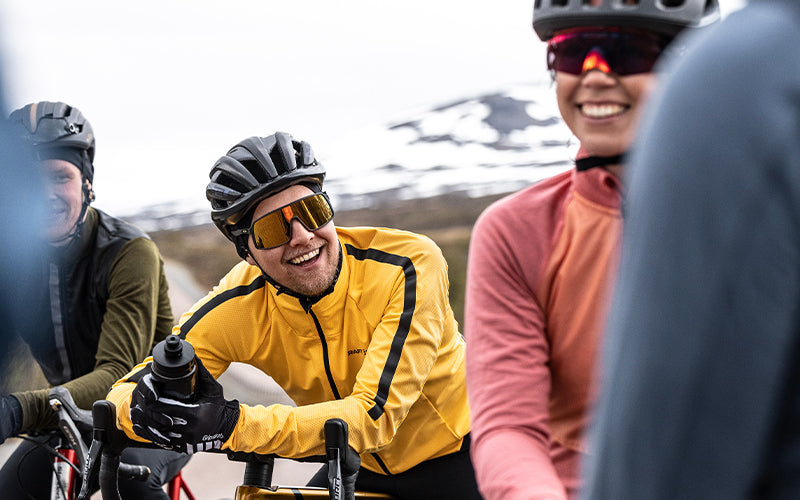Written by Angela Berkman.
Gravel riding is a great way to explore the roads that you normally would not enjoy on a road bike, get some exercise, and have an adventure in many ways! It combines elements of road cycling and mountain biking, allowing you to ride on unpaved roads and trails. If you're looking to get started with gravel riding, here are 8 things you need to know and do. 1. Choose the Right Gravel Bike
1. Choose the Right Gravel Bike
Having the right gravel bike is essential for gravel riding. While any bike can technically do it, having a gravel-specific bike will make your rides more enjoyable and comfortable. Look for a bike that has wider tires, disc brakes, lower gearing, and plenty of mounting points for accessories like racks or fenders. 2. Pick Your Gravel Route
2. Pick Your Gravel Route
When it comes to gravel riding, there's no shortage of routes available. Whether you're familiar with the area or not, make sure you pick a route that suits your skill level and fitness level. Start out with shorter distances until you build up your endurance and confidence on the trails. You may have to connect the dots between gravel roads via pavement but that is just part of the planning process. There are great apps out there such as Ride with GPS to help you find rides based on your location, number of miles, elevation, and other filters. And it never hurts to “google” gravel riding near me. 3. Invest in Gear
3. Invest in Gear
Gravel riding requires different gear than road cycling or mountain biking. Make sure you invest in quality gear that will keep you safe while out on the trails. This includes items like helmets, padded cycling shorts, gloves, gravel biking shoes (extra traction under foot), breathable jerseys, and accessories for gravel riding (plus other type of riding) eyewear, lights (for night rides), hydration packs/bottles, tire repair kits, etc. Want to learn more check out a padded cycling short breakdown in this Chamois Guide. You will want to find the best gravel bike shorts for your body type and riding style. 4. Learn Basic Maintenance Skills
4. Learn Basic Maintenance Skills
Knowing how to maintain your bike is essential for any cyclist but especially important for gravel riders who may be tackling more challenging terrain than usual. Learn how to change a flat tire as well as basic maintenance skills such as cleaning/lubing your chain and checking brake pads/tires for wear and tear before each ride. 5. Stay Alert & Be Prepared
5. Stay Alert & Be Prepared
Gravel riding can take you off the beaten path so it's important to stay alert at all times when out on the trails. Be prepared for anything by carrying items like maps/GPS devices (in case of getting lost), first aid kits (in case of injury), cell phones (in case of emergency), etc., as well as knowing what kind of wildlife may be present in the area (e.g., snakes). For longer rides be ready for any weather and pack accordingly. 6. Ride With Others
6. Ride With Others
Riding with others is always safer than going solo so try joining a local group ride or finding friends who also enjoy gravel riding so that you can explore new routes together! This way if something goes wrong while out on the trails (e.g., mechanical issues) then someone else will be there to help out or call for assistance if needed! 7. Follow Trail Etiquette
7. Follow Trail Etiquette
It's important to follow trail etiquette when out on the trails - this means being respectful of other riders/hikers/runners by yielding when necessary; staying on designated trails; not littering; avoiding shortcuts; keeping noise levels down; etc., so that everyone can enjoy their time outdoors safely! 8. Have Fun !
8. Have Fun !
Last but not least - have fun! Gravel riding is all about exploring new places and pushing yourself outside of your comfort zone so don't forget to take some time along the way to appreciate where you are and what you're doing! 
